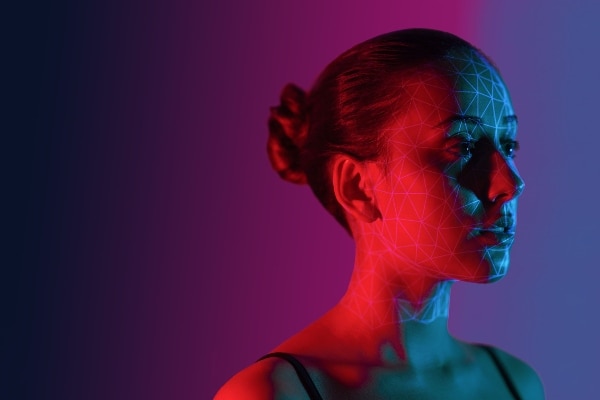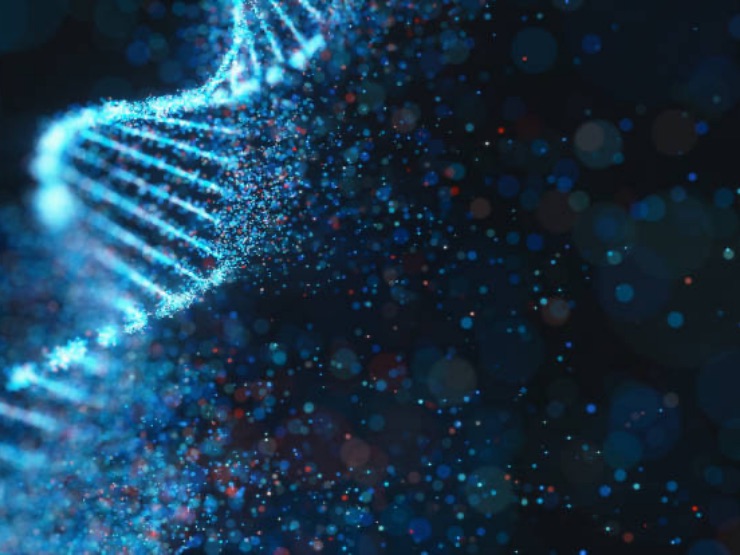-
Featured services
Harness innovation to deliver value
Ensure short-term stability as you design a roadmap for new use cases in your industry with emerging technologies.
Explore Connected Industries -
Services
View all services and productsLeverage our capabilities to accelerate your business transformation.
-
Services
Network as a Service
Popular Products
-
Private 5G
Our turnkey private 5G network enables custom-built solutions that are designed around unique use cases and strategies, and deployed, run and optimized through a full network-as-a-service model.
-
Managed Campus Networks
Our Managed Campus Networks services transform campus networks, corporate area networks and interconnected local area networks, and connect smart places and industries.
-
-
Services
Cloud Services
Popular Products
-
Cloud Migration and Transformation Services
Access the people, processes and technologies you need to deliver cloud migration projects that improve your return on investments.
-
Site Reliability Engineering Services
Get the most from your cloud investments when you harness our Site Reliability Engineering Services to support app development and lifecycle management.
-
-
Services
Edge as a Service
Client stories
-
Penske Entertainment and the NTT INDYCAR SERIES
Together with Penske Entertainment, we’re delivering digital innovations for their businesses – including INDYCAR, the sanctioning body of the NTT INDYCAR SERIES – and venues such as the iconic Indianapolis Motor Speedway, home to the Indianapolis 500.
-
Using private wireless networks to power IoT environments with Schneider Electric
Our combined capabilities enable a secure, end-to-end digital on-premises platform that supports different industries with the benefits of private 5G.
-
-
Services
Technology Solutions
Client stories
-
Services
Global Data Centers
-
Services
Digital Collaboration and CX

IDC MarketScape: Worldwide Datacenter Services 2023 Vendor Assessment
We provide a new kind of intelligent infrastructure to deliver better outcomes through technology.
Get the IDC MarketScape -
-
-
Insights
Recent Insights
-
The Future of Networking in 2025 and Beyond
-
Using the cloud to cut costs needs the right approach
When organizations focus on transformation, a move to the cloud can deliver cost savings – but they often need expert advice to help them along their journey
-
Make zero trust security work for your organization
Make zero trust security work for your organization across hybrid work environments.
-
-

Copilot for Microsoft 365
Everyone can work smarter with a powerful AI tool for everyday work.
Explore Copilot today -
-
Global Employee Experience Trends Report
Excel in EX with research based on interviews with over 1,400 decision-makers across the globe.
Get the EX report -
Discover how we accelerate your business transformation
-
About us
CLIENT STORIES
-
Liantis
Over time, Liantis – an established HR company in Belgium – had built up data islands and isolated solutions as part of their legacy system.
-
Randstad
We ensured that Randstad’s migration to Genesys Cloud CX had no impact on availability, ensuring an exceptional user experience for clients and talent.
-
-
CLIENT STORIES
-
Liantis
Over time, Liantis – an established HR company in Belgium – had built up data islands and isolated solutions as part of their legacy system.
-
Randstad
We ensured that Randstad’s migration to Genesys Cloud CX had no impact on availability, ensuring an exceptional user experience for clients and talent.
-
-
CLIENT STORIES
-
Liantis
Over time, Liantis – an established HR company in Belgium – had built up data islands and isolated solutions as part of their legacy system.
-
Randstad
We ensured that Randstad’s migration to Genesys Cloud CX had no impact on availability, ensuring an exceptional user experience for clients and talent.
-

NTT DATA and HEINEKEN
HEINEKEN revolutionizes employee experience and collaboration with a hybrid workplace model.
Read the HEINEKEN story -
- Careers
NTT Research: upgrading reality in game-changing ways
21 April 2021

Topics in this article
Across the global NTT family, we work together to make the world a better place by using the power of technology. Our colleagues at NTT Research focus on gathering insights and advancing technologies to promote positive change for humankind.
Amid the many social challenges worldwide, new ideas are necessary, and non-linear thinking is the beating heart leading the way forward. The NTT Research team brings together some of the most brilliant and highly motivated scientists employing the most sophisticated research methods and procedures.
One focus area for NTT Research at their Medical and Health Informatics Laboratories (MEI Lab) is building highly complex digital assets that improve patient care and wellbeing. An example of this is the Bio Digital Twin initiative. This seeks to address the increasing complexity of underlying diseases by enabling medical specialists to determine the most appropriate remedies from the ever-growing list of options. It offers new insights into both prevention and cures. To do this a highly detailed, digital model of an individual patient is treated with thousands of drugs to quickly identify the best approach.
Data is going to drive the future of healthcare
The future of personalized medical care
NTT Research recently announced their collaboration with the National Cerebral and Cardiovascular Center (NCVC) in Japan to develop cardiovascular models and bio digital twin applications. The agreement involves closely linked research across both organizations. The NCVC is developing integrated computational models to support multimodal closed-loop interventions for acute myocardial infarction and acute heart failure. At the same time, the MEI Lab will implement these models into a bio digital twin platform to develop physician and patient-orientated applications to support physician clinical decision making and patient self-care.
More than ever, this work is needed. Heart disease is the leading cause of worldwide deaths, with improved prediction key to real prevention. Creating a bio digital twin of the human heart promises to personalize healthcare like never before, improving speed and accuracy across diagnostics and treatment. Typically, in an acute setting, many examinations are required to understand and diagnose heart disease. The process is time-intensive and taxing on both the patient and medical practitioners.
Discovering more autonomous methods to existing treatments
We’re moving to a reality where it’s possible to improve outcomes and provide a more efficient way to approach acute heart care without having to draw blood or extensive testing.
Using high-fidelity AI and physiology-based computational platforms, the bio digital twin can check a patient quickly and thoroughly to move beyond prescribing and waiting for a reaction. This, coupled with advanced analytics, can improve and predict patients' health over their lifetime. The research process is highly involved and one area focuses on generating a library of potential responses covering how patients react to certain drugs. If a patient has a heart attack or similar symptoms, there’s the possibility that they can be given all the drugs they require immediately based on a platform of data without the ‘wait and observe’ approach. Physical responses are still monitored, but how the patient will react and improve is predicted by the computation model.
Bio digital twins are set to remove some of the uncertainty around treatment
Digital mapping of every organ to better predict health.
So far, the human heart is the only organ that can be digitized entirely, but it’s only the beginning. The NTT Research team is building a platform that can handle acute and chronic illness and offer insight into prevention and treatment that will expand to cover other human organs and systems. Today, we have increasing amounts of data gathered from acute and invasive procedures. Still, there’s no stopping us from looking at more comprehensive statistics and building virtual populations to create a more robust bio digital twin to improve predictive capabilities.
Informed by a broad collection of information from biological, physiological, genomic, phenotypic, health data records and wearables, autonomous healthcare is still in its experimental phase and will be followed by preclinical studies. Upgrading our health reality is closer than you think. The bio digital twin initiative can profoundly reduce human suffering and pain within five to ten years.
Learn more about NTT Research MEI Lab initiatives here.
Read the full White Paper here.


